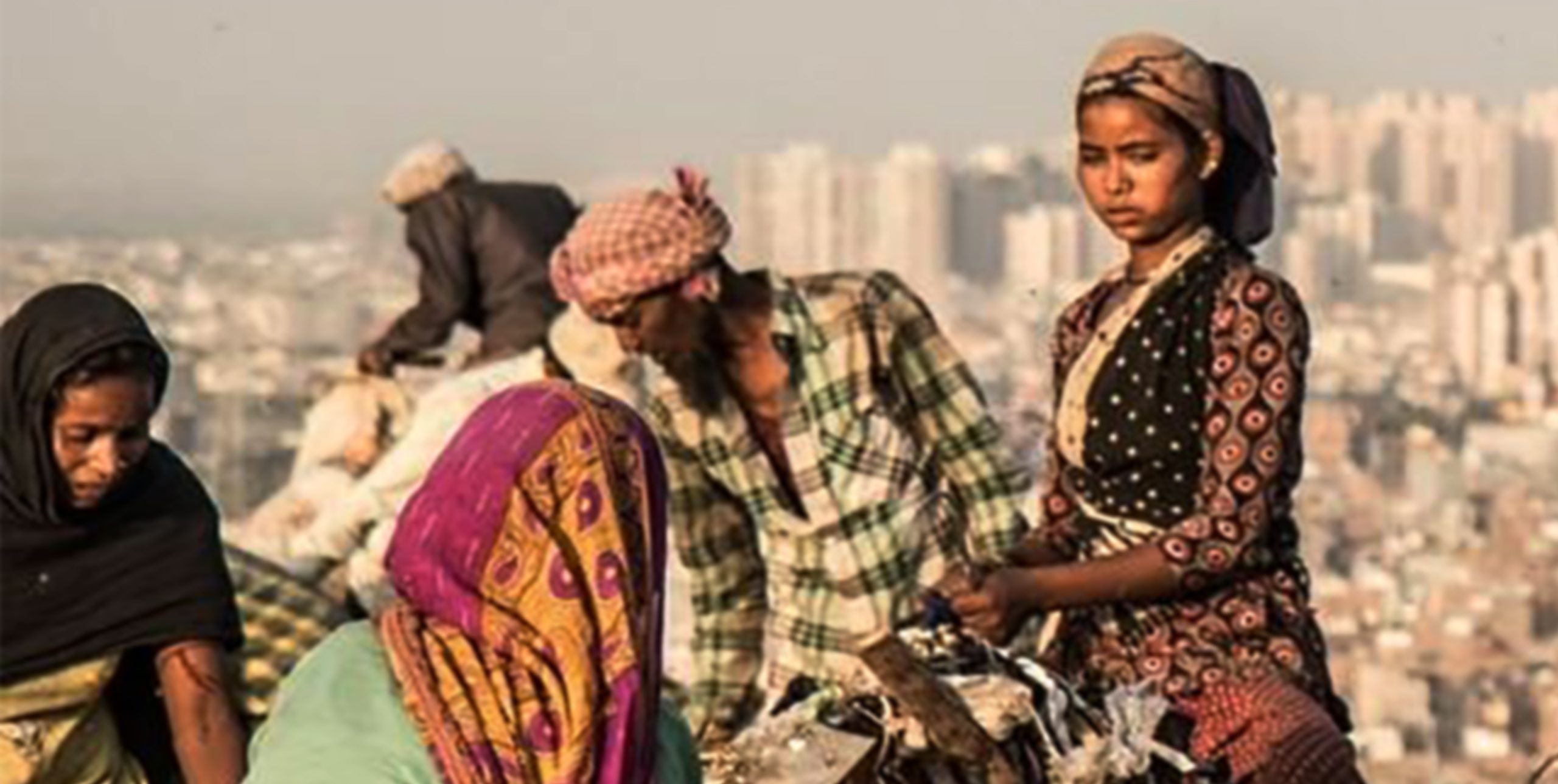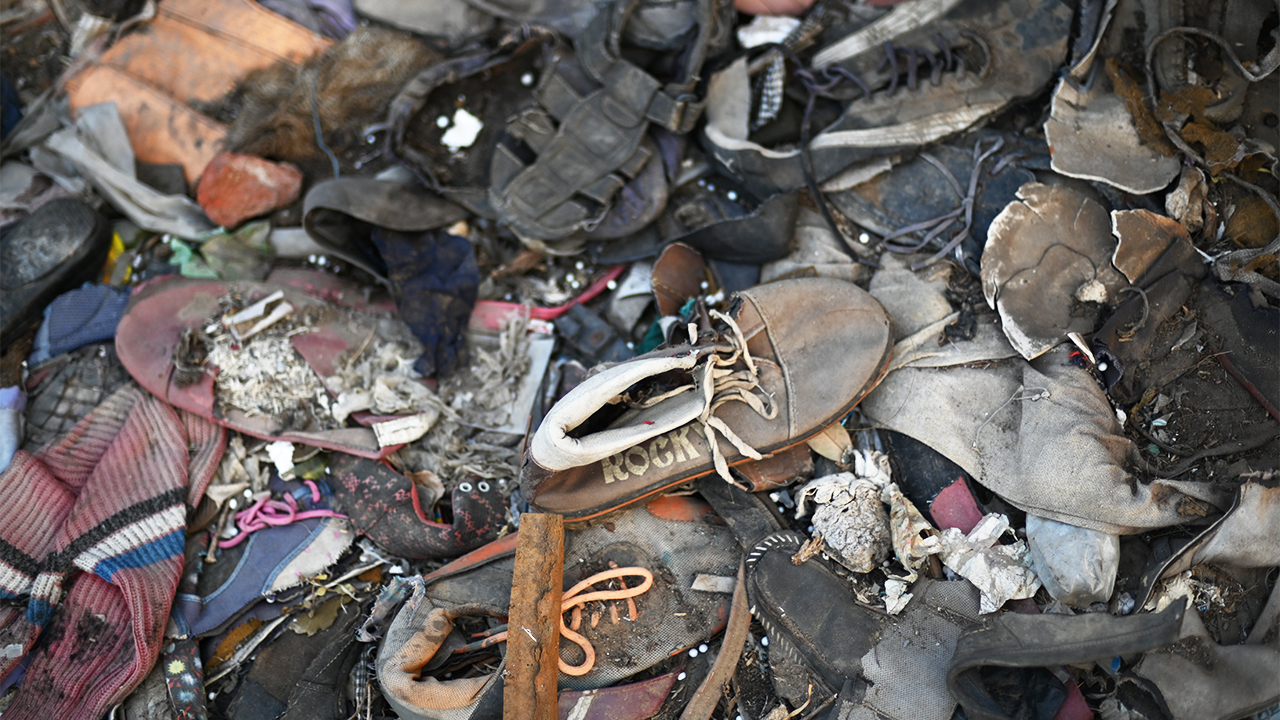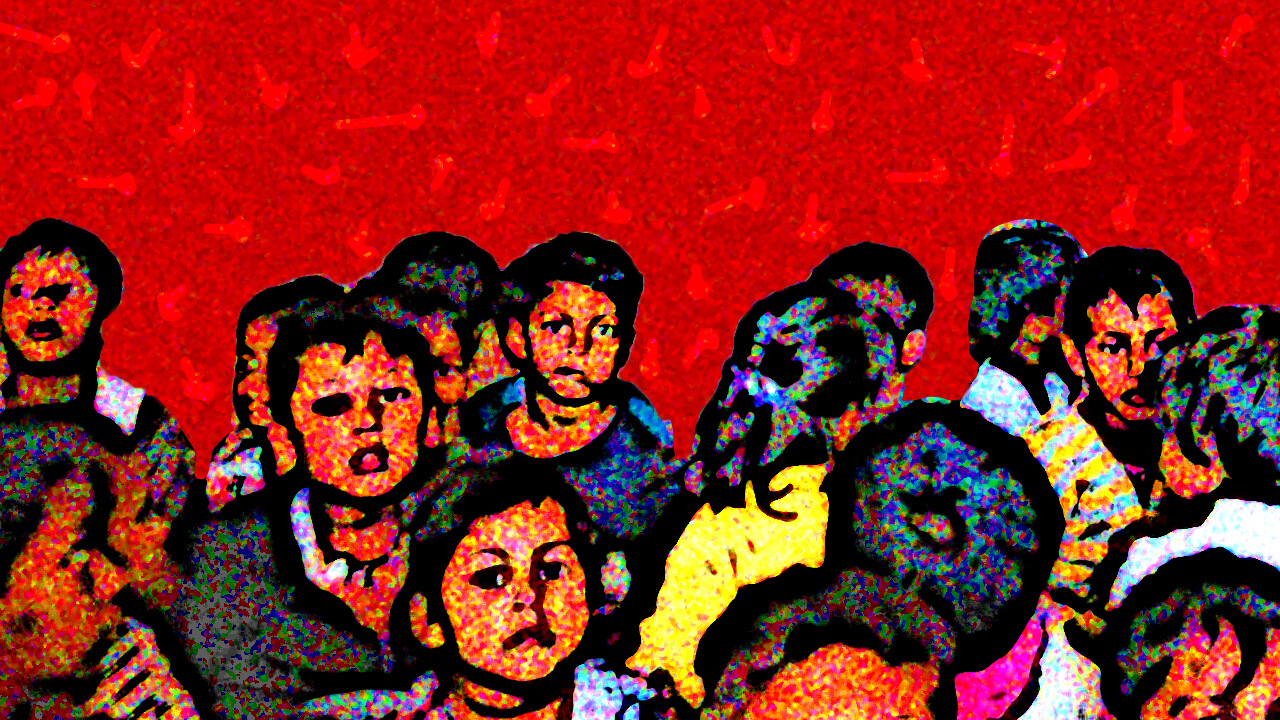admin
I help fin-tech digital product teams to create amazing experiences by crafting top-level UI/UX.

This report, based on Delhi, had the goal of understanding the gendered aspects of managing waste with a focus on plastic waste. Women wastepickers belonging to the informal waste sector in urban India are a doubly marginalized entity, who are victims of economic as well as gender inequalities. The study which was conducted for 8 months in 2022, examined these layers of marginalization. An equal number of men and women workers from Material Recovery Facilities (MRFs) and control groups in the areas of New Delhi Municipal Council (NDMC) and South Delhi Municipal Corporation (MCD-S) were studied through rigorous data collection, population sampling, selection, social network analysis, interviews, and bookkeeping records.
It was observed that decentralized waste management and familial networks are key to women’s participation who earn a decent amount, higher in MRFs than control groups. The case studies also suggested their limited access to high-valued plastic waste compared to men, frequent occupational hazards, and sexual violence. Cultural barriers and traditional gender roles also increased their workloads. The report came up with recommendations for equal economic opportunity and a safe workspace for women. These included priority to women workers in micro MRFs, their inclusion in the circular economy for plastics, increased awareness of gender-sensitization among their community, and the creation of women’s safety nets. Increased women’s participation can help fight poverty, improve financial resilience among low-income communities, and create a better future for children. In this project, Chintan partnered with The Incubation Network.
I help fin-tech digital product teams to create amazing experiences by crafting top-level UI/UX.

Training waste workers and households in composting to divert wet waste from landfills and abate methane emissions.

Read More

How environmental contamination is impacting our children’s future
Support our initiatives so that we can reach more and more people and provide our support to the needy
Click on the blue round button at the bottom right corner of this page. You can also email our support team at support@example.com

Chintan, meaning thought/reflection in Hindi, is an environmental research and action group.
Subscribe to get the latest news form us
© 2025 Chintan Environmental Research & Action Group